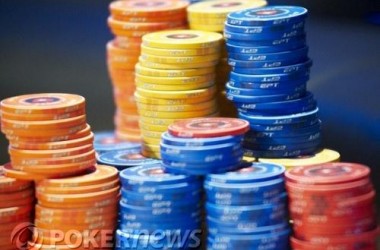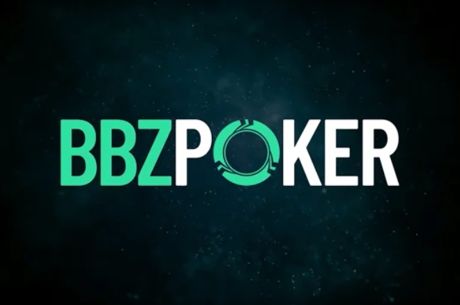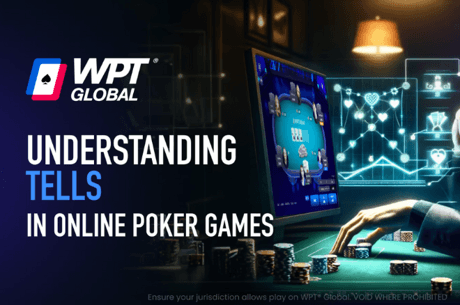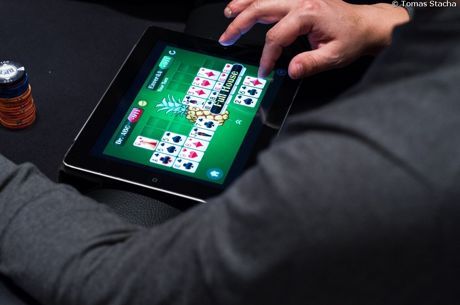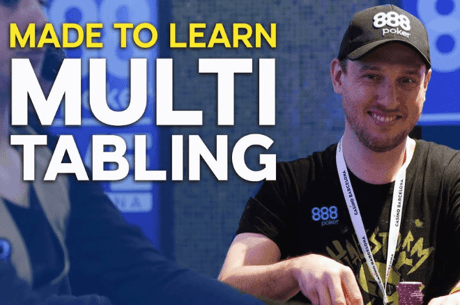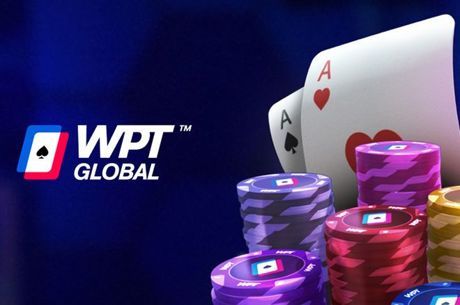Managing Your Bankroll with Jonathan Little: Part 1
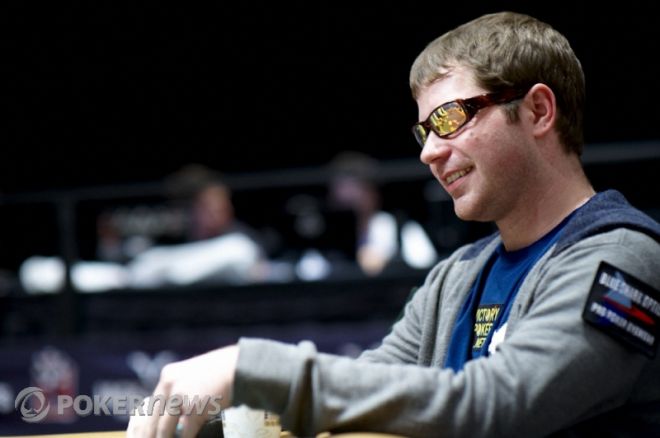
Jonathan Little has been grinding tournaments professionally for the past four years and in that short time, he has accumulated more than $4.5 million in winnings including two World Poker Tour titles. His online handle is ��FieryJustice,�� and not only is he known for his incredible consistency, but also, he has gained a solid reputation as one of the best poker teachers around.
He has coached countless players at his site, JonathanLittleSecrets.com, and last year, Little coached Steve Begleiter, who was a member of the 2009 November Nine. His latest teaching project is one that focuses on a topic that will strike a chord with all players: bankroll management.
First off, tell us what about your bankroll management project is all about.
I��m starting with $300, which I think is a small bankroll, but an amount I think most people can get together to start. I��m going to start playing $0.05/$0.10 no-limit hold��em. I��m going to be buying in for 100 big blinds, and I��m giving myself 30 buy-ins for each level. That��s a bit low, but I think it��s probably ok to start. I��m going to build it up, and see how high I can get it. I��m going to record every single hand, and viewers can follow along.
What bankroll rules are you going to use as you move up?
I want 30 buy-ins minimum in my account for whatever level I��m playing. So I figure when I get up to $600, I��ll start playing $0.10/$0.20. Then if it drops down to about $500, I��ll go back to $0.05/$0.10. But, as I move up higher and higher, I��m going to use a higher buy-in count because the games get tougher. By the time I get to $1/$2, I��ll probably keep 50 to 75 buy-ins in my account.
Making a higher buy-in rule for tougher limits is a good point. Do a lot of players forget to adjust that as they move up?
Yeah, a lot of guys, when they start off, they say they��re going to use a 50 buy-in rule which works great for them as they��re moving up, but then, by the time they get to $5/$10 and still only have 50 buy-ins, they��re almost guaranteed to have a 50 buy-in downswing at some point. It��s going to end up breaking them. Your bankroll is a function of how big your edge is in each individual game.
Why did you decide to do this? Is this purely for teaching poker players bankroll management or did you feel like you wanted to do it for personal improvement as well?
Both. It��s good to go back and remember how to play against weaker players because in tournaments, you do have play against those types of players. If you��re only playing against relatively good players in high-stakes cash games, you��re going to lose touch with how to play against weak players. So I think it��s a good learning experience for myself, but also, I get a lot of questions from people asking what they should do if they have $300 to their name and want to play poker.
I��d like to show people how to do that and be successful. A lot of guys will say, ��Oh this site is rigged. I can��t ever win online.�� They say silly stuff. I want to prove to them that it��s not the case.
Do you think it will be a challenge for you to stay focused while playing micro-stakes?
No, I mean, whenever I play, I don��t really play for the money, I just kind of like to win. If I��m playing $0.05/$0.10 or $200/$400, I��m playing just as hard. I just want to play, win, and do my best.
What are the biggest mistakes you see people making with bankroll management?
Well mostly, they just play too high for their bankroll or move up too fast. If you don��t keep a big enough bankroll, you��re guaranteed to go broke over time. Also, you have to be prepared for the game you choose. Sometimes, a guy will win a tournament for $4,000, and he��ll think he can play a certain level because he has 50 buy-ins, but he might not have the skill level to beat the game. He won��t win if he��s not ready.
Another mistake I see people making is cashing out too often or too quickly. If you��re going to try and build a bankroll, try not to cash out a lot. If you start with $300, build it to $600 and cash out $300, then you��re back to square one. That can really hurt your earning potential. If you win at the same winrate or close to it at $0.05/$0.10 as $0.10/$0.20, you��re obviously going to win a lot more money and a lot more quickly in the long run.
Moving back down is a problem a lot of players have, whether it��s ego or lack of patience. What advice do you have for them, and have you had any experiences with huge blows to your bankroll?
I had to move down a long time ago. When I bought my first condo, I spent around $80,000 and was left with $20,000 to play $200 sit-and-gos. I ended up going on a downswing and losing $12,000 in that first month. It was terrible. I was down to $8,000 so I moved down to $10 sit-and-gos. I played 1,000 games at every level until I got back up to $200 sit-and-gos and make sure I was profitable at every step. It was a rebuilding and learning experience.
For those who have trouble stepping down, I��d say that you just have to look at it like a learning experience. If you can��t beat the current level you��re playing, you have to move down and study more. It��s the only thing you can do unless you want to just keep sitting there and losing money. If you��re not winning, then you shouldn��t be playing. That��d be ok if you were either playing for fun or for a learning experience, but if you��re doing it to make money, which most players are, then you need to learn to set that mental block aside and step down. Even if you feel like you have the skill level to beat a certain level, if you��re bankroll can��t sustain it, you still won��t be a winning player.
Is there anything else you want people to know about bankroll management?
Even if you have $50, you can still play $0.01/$0.02 with a $2. Even with only $50, you can have a decent bankroll. A lot of people will just sit down at a $0.50/$1.00 table with 50 big blinds and expect to win. When they don��t, they want to say they can��t win online, but in reality, they were destined to fail from the start. As long as you keep a decent sized bankroll, you��re pretty much guaranteed never to go broke. As long as you can move down with things are going badly, and not cash out a lot when you do build.
I think it��s important for people to hear this from a pro, that as long as they have the patience and work ethic, they can do this.
Yes. You have to patience, you have to have discipline, and most importantly, you have to want to do it. You have to study a lot, and devote yourself. You can��t just jump into something and expect it to magically work out. As long as you can stay mentally strong and not do anything crazy, you should be able to do it.
Tomorrow, Little recounts a $0.05/$0.10 hand he played at the start of his bankroll building project, so stay tuned for that, and as always, follow us on?Twitter?for up-to-the-minute news.

